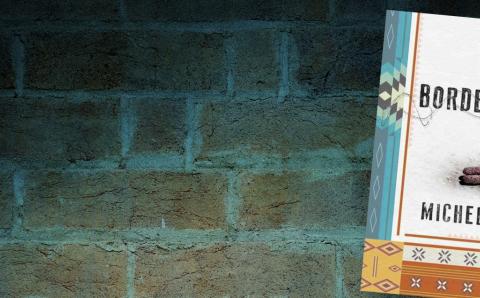Darlene Zschech wrote a beautiful hymn some 20 years ago called “The Potter’s Hand” that is still sung in congregations today. And we mean it; we still earnestly sing the lyrics “take me, mold me, use me, fill me.”
I was reading through some of the prophets—that chunk of books in the middle of our Bible that forms a pause between the Old and New Testaments—and the anger the Lord had against his adulterous children Israel was abundantly clear. If you know the story, God was so frustrated with his people that he allowed them to be sieged and exiled by the Babylonians; out of that catastrophe we get the books of many of the minor prophets. What a change in narrative this was for the mighty nation of Israel, promised greatness generations before!
One of the books written around this time of exile was Jeremiah. Many Christians know much of Jeremiah’s writing by heart, including chapter 29 verse 11, where God declares through the prophet: “I know the plans I have for you . . . plans to prosper you . . .” This verse, and many others in Jeremiah, are a comfort—rightfully so—to believers. What joy we can have that the Lord carries us gently in his hands, and that our futures are planned out in his perfect will. For people today, especially those like me still growing up in a culture demanding independence, it is a foreign idea that we can be monitored so closely, especially with such care. I want to be known by this God who has my well-being in mind.
Unfortunately for our 21st-century brains, which crave gratification instantly and are attracted to this idea of being prospered, God’s timeline and ours do not always line up. God does not act solely as a supervisor, as some architect who knows his plans and removes himself from the process.
In the 18th chapter of Jeremiah, the prophet is sent to a potter's shop to receive a message from God. He watches as the craftsman begins forming a pot. But as the skilled artist gently turns his creation, he realizes it is defective; it just won’t do. Being the master of his craft he is, the potter begins again, using the marred clay to form a new vessel as he sees fit.
As if he needed to explain the situation to his prophet, God reaffirms his illustration.
“Can I not do with you as this potter does?” God asks.
The mighty Lord of Israel declares at this moment, like many before, the affirmation of his sovereign creatorship. I am reminded of God’s conversation with Job, where God asks Job rhetorically where he was when the foundations of the universe were laid.
Are we ready for that kind of commitment? Can we as young people really believe that the same God who had all our days written out for us before we took our first breath is willing and able to shift and change our lives so dramatically? We may feel uncomfortable at the idea of our Creator God remaking us, but when Jesus came down to our earth, that is exactly what he promised.
I'm sure Israel sang songs like “Potter's Hand” just as we do. And like Israel, maybe we sometimes forget the authority an artist has. It is scary to be willing to be reformed, but we can take comfort that our Father declares, "Like clay in the hand of the potter, so are you in my hand" (Jer 18:6).
About the Author
At 25 years old, Justin Verwoerd is a synod veteran. He studied Christian counseling, and is currently a deacon at Trinity CRC in Abbotsford, B.C.









